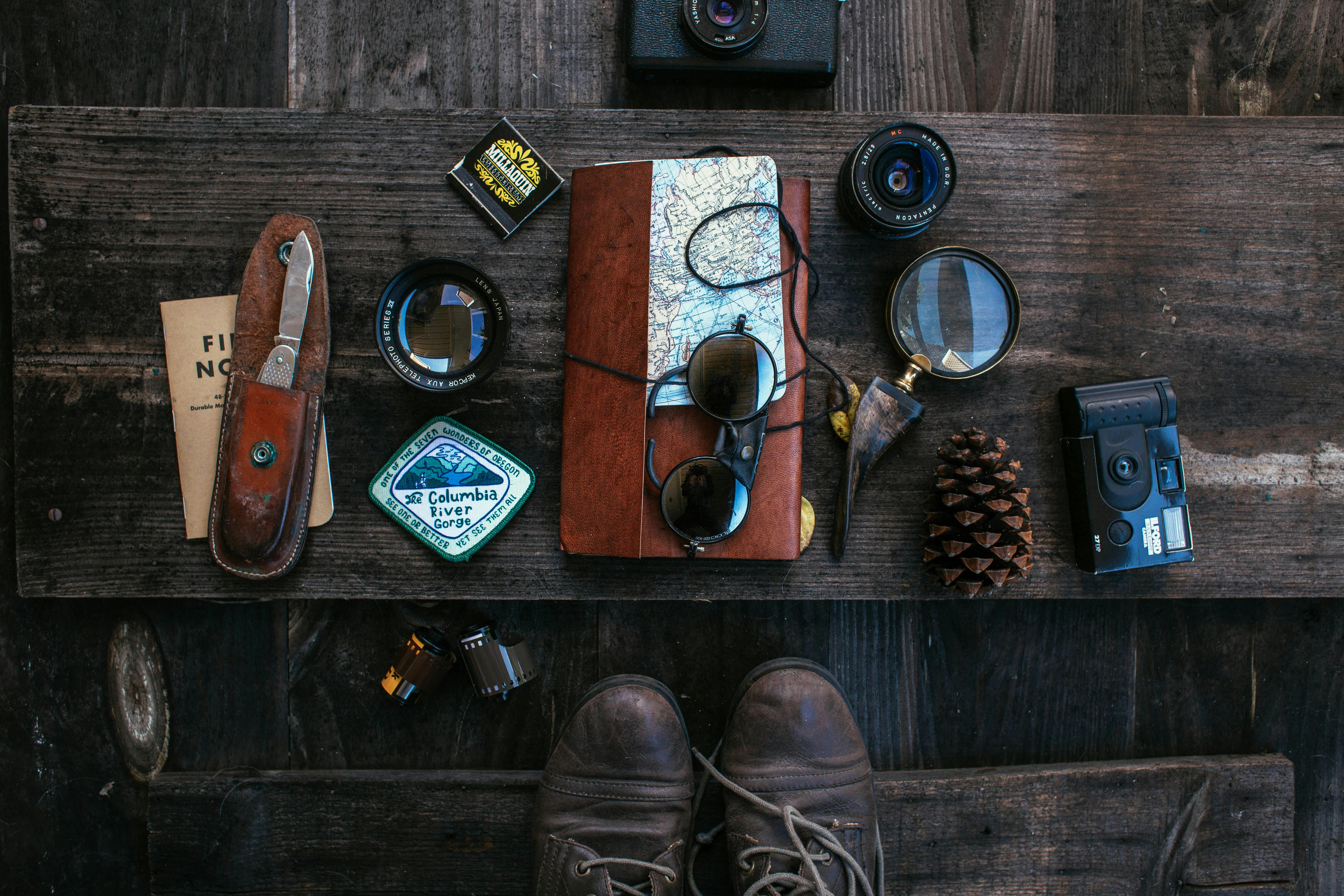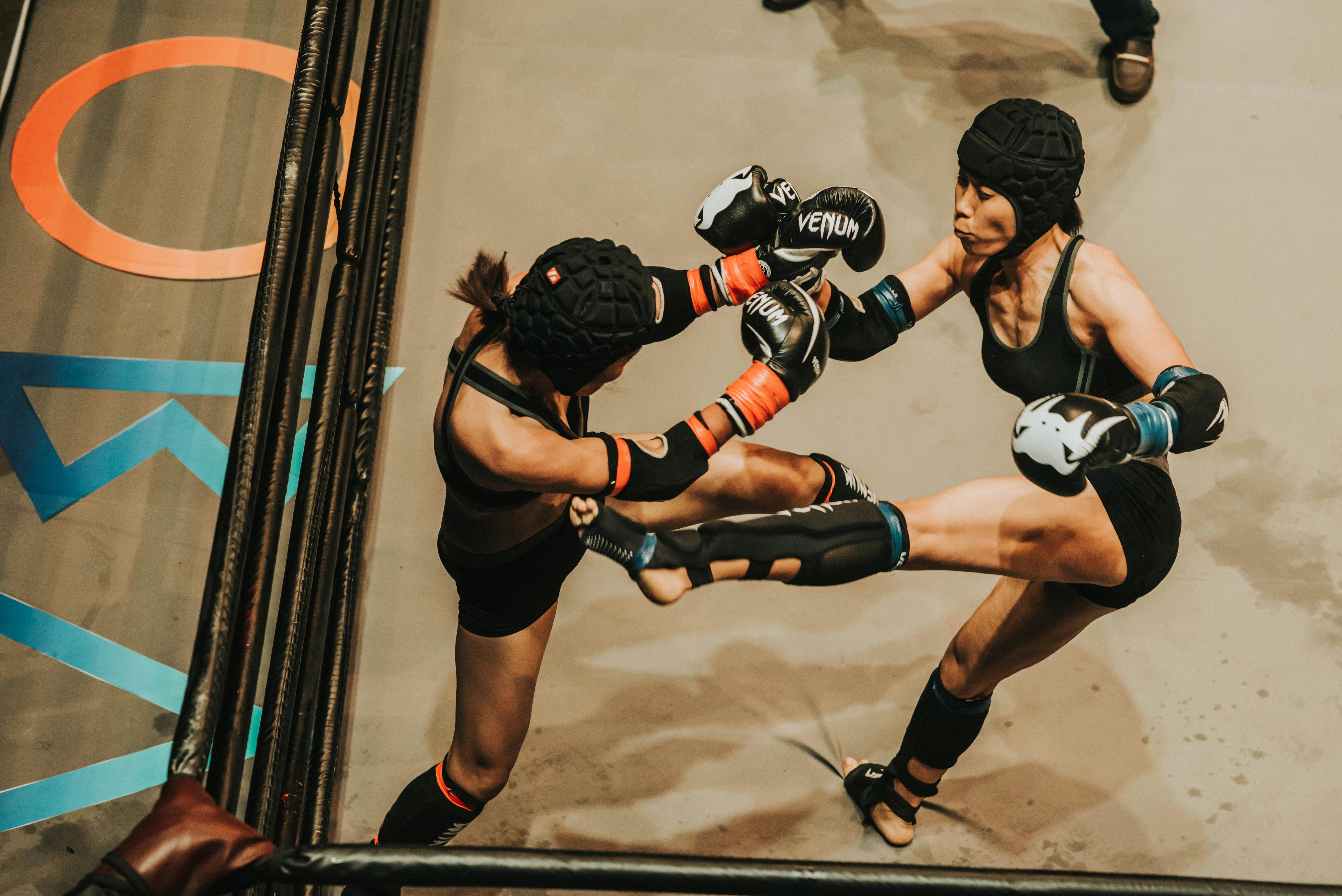As an acting coach from New York who focuses on British acting technique, I want to help my actors do the best job they are capable of both during an audition and during a performance. One of the great pitfalls of an actor is the self-proclaimed shyness. One of my first jobs as a coach is to help my actors who say they are shy, to help them examine what they call shyness. So let’s take a closer look at what we call “shyness.” Yes, these thoughts can irritate some. But before you throw them into Actors Limbo, look at them, think about them, and then look in the mirror. A healthy dose of reality could be a reliable way to avoid that trap of shyness that has us stumbling down the yellow brick road to dreams come true.
It’s hard not to reflect on human whims when someone proclaims, “I’m shy. I want to act.” It is like
“I’m afraid of heights. I want to be an astronaut.” “I’m afraid of water. I want to be an Olympic swimmer.”
The assertion of debilitating shyness automatically begs the question, “So why pursue such a soul-revealing profession as acting?” It just doesn’t make sense. Acting is a public profession. It is an almost self-evident truth that anyone who wants to act must also want to be the center of attention, at least on stage or on a film set. Is there anything in the universe that a genuinely shy person wants less than to be the center of attention? Being exposed would be a nightmare.
So we have a contradiction: I am shy and I want to hide. I am shy and I want to be the center of attention. No, we don’t expect silly consistency from people. (I borrow from Emerson’s “stupid consistency.”) But before wasting money and years and painful disappointment trying to be an actor, the “shy” actor should look carefully at his pretense of shyness.
Who is “shy”? Almost everyone has a thread or two of “shyness”. Most of us are a little shy, a little insecure, a little awkward in the intimacy of our souls. It is almost a universal human quality. Take some comfort in knowing that you are not alone. It is not a condition restricted only to you.
Since shyness to some degree is almost universal, it follows that most actors are a bit shy. But his
“shyness” should not invade your stage world. Don’t confuse “shyness” with stage fright or lack of confidence or any other trait that falls under the umbrella of “shyness.” Before I forget, let’s drop the word “vulnerable.” I’m really bored of vulnerability being used as a kissing cousin to shyness. Unless someone has developed a permanent crocodile skin, most of us, especially actors, are vulnerable. PS: One of the great contradictions of the actors is that we must develop the skin of an alligator while retaining the soul of an angel!
Yes, the quotes around “shyness” in the previous paragraph are deliberate: visual symbols to protest the epidemic misuse of the word. In fact, in addition to claiming varying degrees of “shyness,” the actors also mislabel a backpack full of other career-damaging attitudes as “shyness.” But why would an actor claim shyness? Unless…
WHAT IF IT’S NOT SHY? SO WHAT IS THAT?
“Shyness” can act as a protective shield that allows us not to face, and thus avoid the pain of solving, the real problems that we have mistakenly defined as “shyness”. So maybe shyness is an escape from something else? What other possibilities lie behind our claim of “shyness”?
Maybe we act or even feel “shy” because we think it’s a way to avoid being challenged/attacked/criticized/laughed at. Maybe a casting director will sympathize and choose us despite our shyness? Hint: That’s probably not going to happen. Allowing “shyness” to interfere with an audition or performance.
–well, that’s a civil war waged on the battlefield of your own interpretive soul.
More: Is there even the slightest chance, the whisper of a chance, that shyness is a clever (if self-defeating) way to grab attention? That shyness is the other side of “Look at me”? That shyness in an aspiring actor is a way of avoiding the work and commitment that this profession demands? That shyness is a brilliant way to manipulate?
Handle? Yes actually. I think it was Oscar Wilde who coined the phrase “the tyranny of the weak.” Shyness can be a form of tyranny, forcing others to try to open up to you, make you feel comfortable, or take special care not to hurt your feelings. It is a subtle way of attracting attention without seeming so. See how clever we are at dodging those arrows of outrageous fortune which Hamlet so eloquently acknowledges! Clever, yes, but counterproductive.
“But I really am shy. I’m not a tyrant!” No, I just don’t think so.
Also consider the possibility that the shyness that says, “I can’t, woe and woe” may be the flip side of “I won’t. Just try and force me. So go!” In other words, perhaps shyness is a form of stubbornness. What if the shy person came clean and admitted “I’m manipulative, controlling, stubborn”? Oh. But the recognition of the correct word could, just could, free the person to be the actor he says he wants to be. Knowing yourself is a good start on the path of being an actor, not just someone who says memorized words.
HOW CAN I STOP BEING “SHY”?
Remember the derision First Lady Nancy Reagan took for her motto “Just say NO” to drugs? Mocking slogans have become a national duty, but it’s hard to dismiss the fact that saying no is the way to quit. And telling someone to leave “shyness” out of the audition/acting door is in the same category: solid dead-end advice.
As we’ve mentioned, one way to stop being “shy” is to discover a more accurate term for the behavior. Maybe stage fright. Perhaps self-centeredness. Or anger squashed so hard it masquerades as “shyness.” Or maybe arrogance disguised as shyness because arrogance isn’t considered “nice.” Or shyness can provide an escape from responsibility. It can be a way of eliciting pity instead of criticism. Finding the correct term for our behavior is another way to stop that behavior.
Precise terminology is essential. Call it what it is; find the correct word. Give your feelings the exact term and you will be halfway to healing. Language is precious. The use of precise language would solve many world problems. Don’t add to the linguistic clutter by saying you’re “shy” when you simply aren’t.
Another way to get out of the “shy” rut is to find the cause. Perhaps there were parents who criticized too often. Or a religion that kept the reins very tight. If the shyness is genuine, and not just an acceptable cover for something else, then each case has its own cause. Discovering that cause is beyond the limits of our exploration. How to overcome it and what caused it are not the same topic. For now, we are looking at what it is and how to cure it. You yourself can probably go back in memory and discover many causes, many experiences, that collectively created your shyness.
Another way to stop shyness is to acknowledge its damage. Shyness allows us to wrap ourselves in gauze so as not to unleash our creative energies. The affirmation of shyness allows us to push intuition and imagination into a dark cave, while “shyness” guards its entrance. The vindication of shyness allows us to be a waiter who acts, not an actor who waits tables.
Here is a suggested sentence for looking in the mirror while washing your face early in the morning to tell yourself, “I am ____.” But he fills in the blank with the truth, not with a thing wrongly called “shyness.”
Besides calling her by her correct name, another cure for “shyness” is to want something other than shyness. Let that something else be an obsessive drive to act. This is the one I personally subscribe to.
A curious way to deal with “shyness” is to get so angry that the anger propels you beyond the safety of shyness. An actress friend (let’s call her “Jane”) talks about the countless times she’s walked up on stage ready to spit hot nails. Anger is a remarkable source of energy. It certainly launches you beyond the focus on yourself that is at the core of “shyness.” My actress friend Jane said that the best performance she ever gave was due to a cast member who insisted on drinking a bottle of perfume every night in their shared dressing room. The smell affected both Jane’s voice in speaking and singing. It was a great role, full of Irish rage and fury and a scene alone, center stage, singing a solo. She had asked and asked the actress not to wear perfume in her dressing room. She then she asked the stage manager, then the Equity rep, finally getting flustered just before going on stage. That pre-entry jitters birthed one of the few performances that really pleased my friend. Great performance. Anger can be a tsunami, drowning everything in its path! Including shyness.
Another cure for “shyness” depends on acknowledging an unpleasant truth. If you have a genuine gift, then being shy and not sharing that gift is preventing the audience from enjoying the moments of happiness that you could bring them. Let’s call that self-centeredness, not shyness.
And lastly, the way to overcome whatever it is you call “shyness” is to OVER PREPARE. ABOUT MEMORIZING. Oh no, not that old bromide again. Yes! Don’t use shyness as an excuse not to demand perfection. The over-preparation, the emphasis on memorization, is the only path to perfection, or as close to perfection as actors can get.
Combat that thing misnamed “shyness” with both the bright light of precise language and the joyful urge to act. I long to act. And then shed the shy skin of it and pursue auditions and roles with a single mindset that pushes you to leave “shyness” behind. He wants to perform and be seen more than he wants to be shy and hidden. If the “shyness” is stronger than the urge to act, acknowledge it. Facing the truth about our feelings can be painful, but it often heals.
Proper terminology, the drive to act, recognition of the nature of “shyness,” anger, preparation: these are some of the weapons against invading armies that hide behind the shield of “shyness.”


